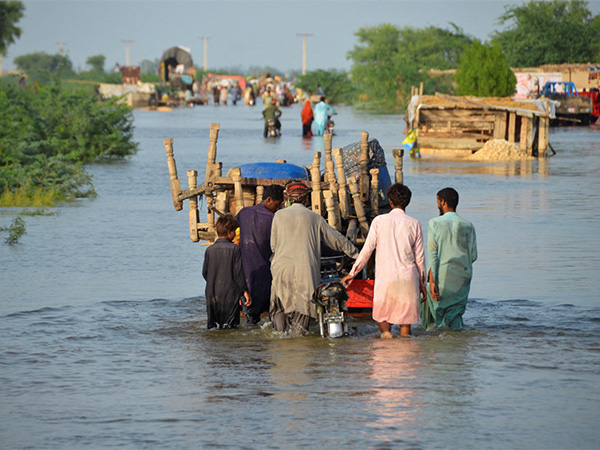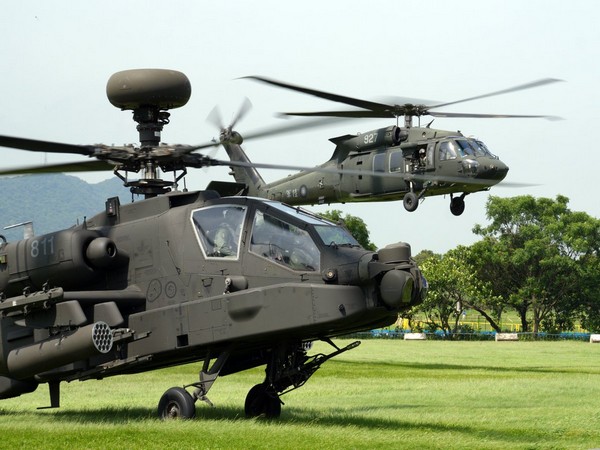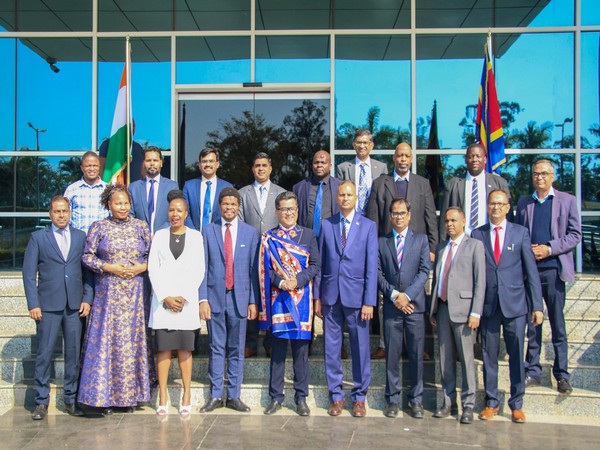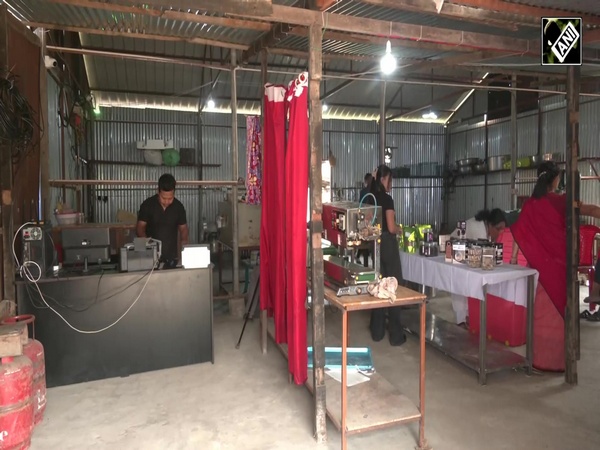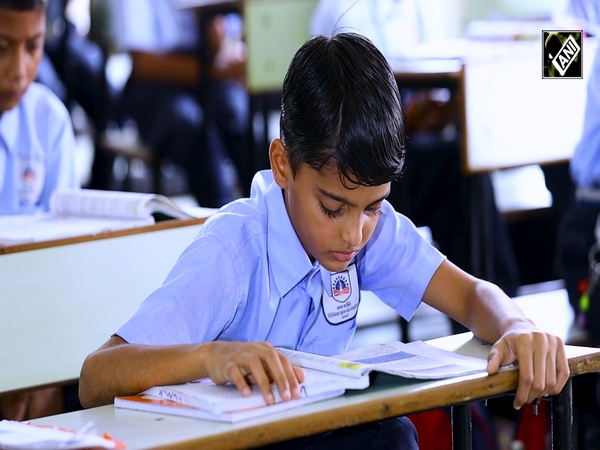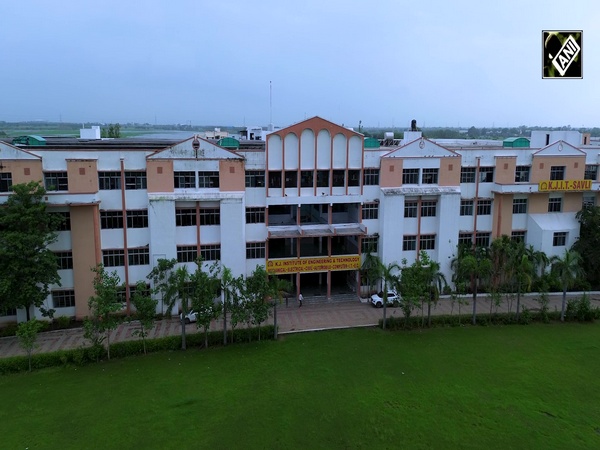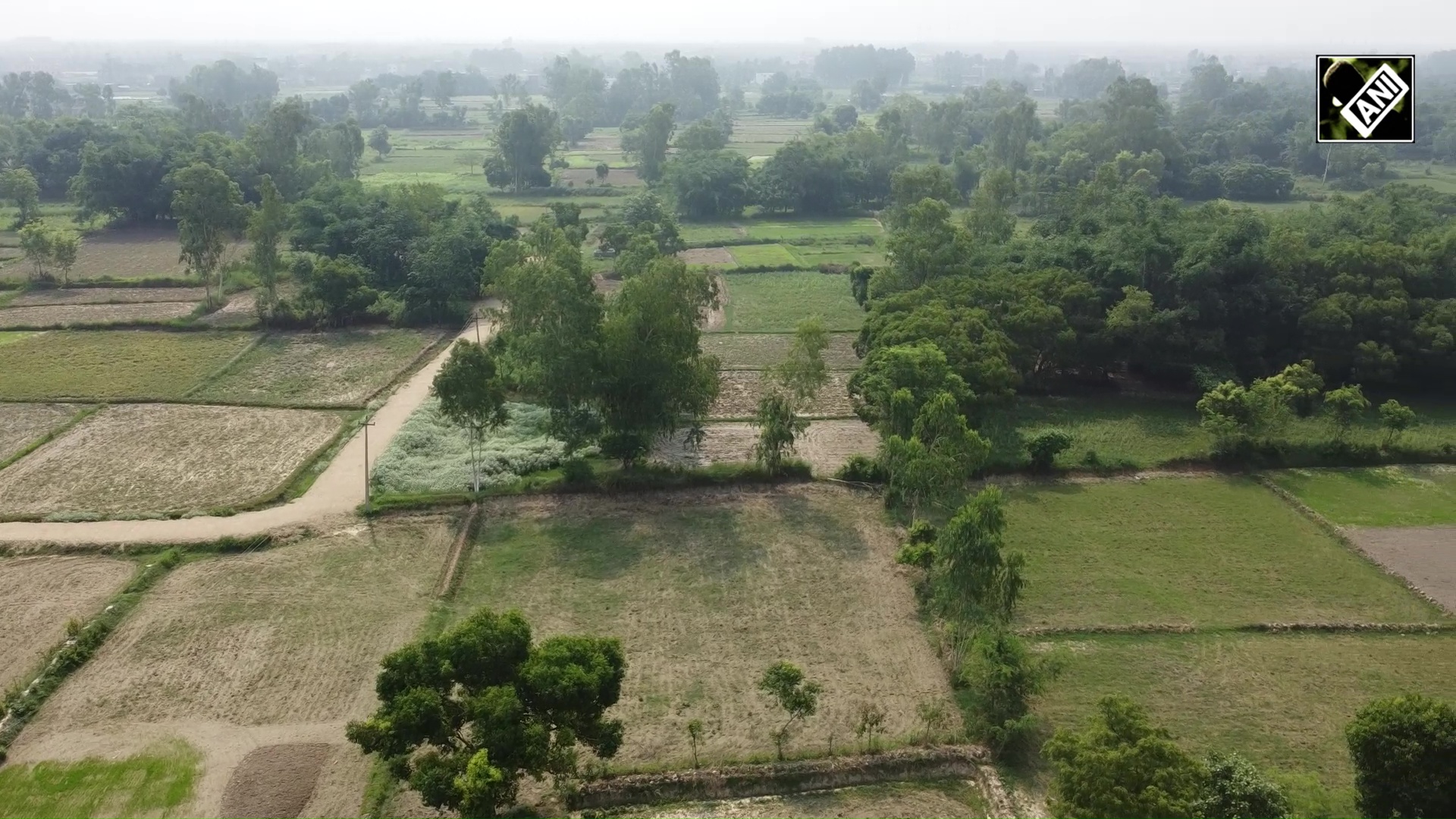Taliban intensified suppression of human rights in Afghanistan: Human Rights Watch
Jan 12, 2024

Kabul [Afghanistan], January 12 : Human Rights Watch has released a new report stating that the Taliban has intensified its suppression of human rights, especially women's rights, in Afghanistan, Afghanistan-based Khaama Press reported.
In this report, Human Rights Watch Executive Director Tirana Hassan stated that 2023 was a year of widespread human rights abuses and war crimes across the world. She also mentioned signs of hope, indicating the possibility of a different path. She urged the Taliban to uphold their human rights commitments.
According to the report, Afghanistan is the only country in the world where women are officially banned from education. It said the Taliban has increasingly enforced repressive policies in 2023, including the suppression of women's protests, the arbitrary detention of women activists, the disappearance of some women after detention, and their torture and that of their family members.
Human Rights Watch stated that the ban on women's work has deprived many Afghan women of their livelihoods. It connected a part of Afghanistan's economic crisis to the restrictions that have been placed on women's employment, according to Khaama Press report.
Highlighting the need for humanitarian assistance in Afghanistan, Human Rights Watch said nearly two-thirds of the population requires humanitarian aid due to the economic hardships faced by the people of Afghanistan.
In the report, Human Rights Watch mentioned revenge killings and the disappearance of former government officials and Afghan security forces.
The other issues highlighted by Human Rights Watch include the continuous suppression of civil society, particularly Afghan women, extensive censorship of the Afghan media, and the detention of Afghan journalists.
According to Human Rights Watch, the Taliban's control of Afghanistan, foreign sanctions and several years of drought are major factors behind increased poverty in Afghanistan, Khaama Press reported.
Human Rights Watch said ISIS continues to carry out attacks on civilians, particularly targeting the Hazara people and Shia minority.
Meanwhile, Human Rights Watch urged the international community to pressurise the Taliban to stop their abuses against women and girls.
It has been over two years since the Taliban banned girls from attending schools after sixth grade in Afghanistan and has not taken any step towards restoring girls' education in the country.
Since the Taliban seized power in Afghanistan, they have issued several decrees imposing restrictions on women. Girls and women in the war-torn country have no access to education, employment, or even public spaces.
Earlier in December, the United Nations Special Rapporteur on Human Rights in Afghanistan, Richard Bennett, urged the Taliban to lift the ban on women working in non-governmental organisations, Afghanistan-based Khaama Press reported.
He stressed that women are crucial to the economy and that their contributions are essential for the well-being and progress of Afghan society.
In a post shared on X, Richard Bennett stated, "One year ago #Taliban banned women from working in NGOs. Once again I urge the lifting of the ban. Education and work are vital to a full and dignified life, women are crucial for the economy and their contributions are essential for the well-being and progress of #Afghan society."
He made the statement while marking the first anniversary of the Taliban's ban on women working in non-governmental organisations. Taliban's ban on women working in NGOs highlights the ongoing restrictions faced by women in Afghanistan.
